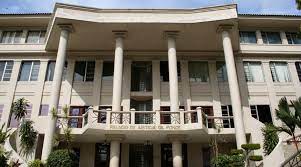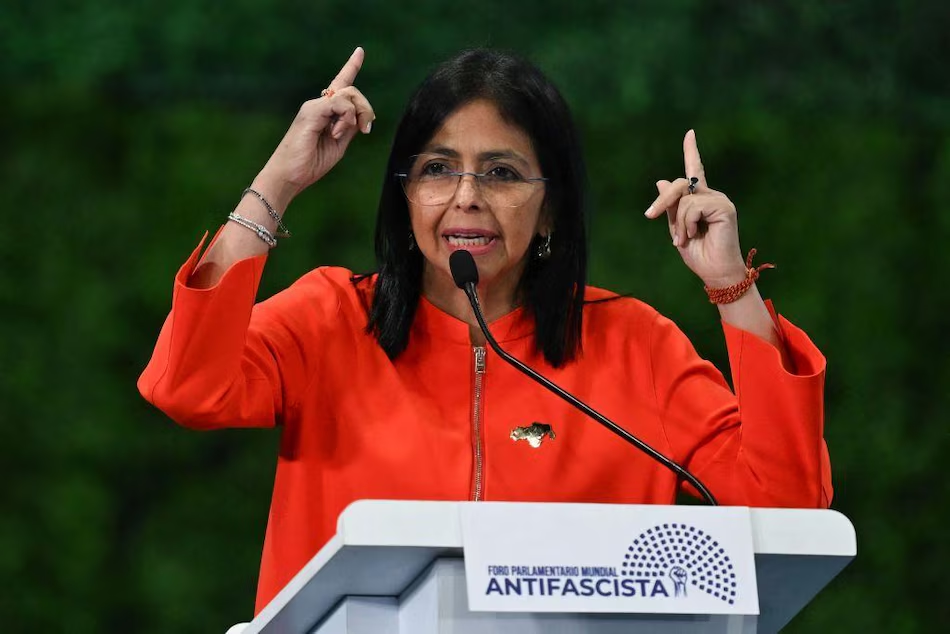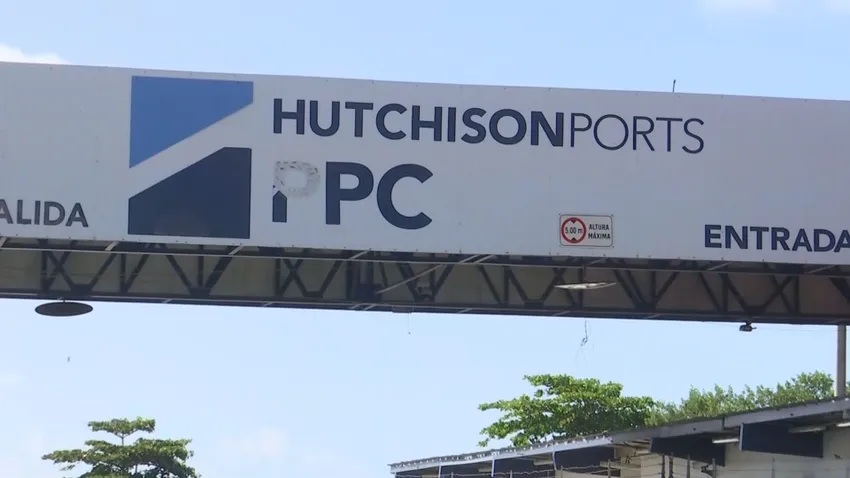Supreme Court delays and selective justice

there is no justification for the magistrates of Panama’s Supreme Court of Justice (CSJ) to continue dragging their feet in the processing of complaints against deputies of the National Assembly according to legal analysists and civil society.
After the publication by La Prensa about outstanding charges against PRD deputy Alfredo Fello Perez and his links to organized crime, and the delay of the judges in resolving processes is questioned.
One of the complaints against the PRD deputy gathering dust in the CSJ is for alleged illegal trafficking of cocobolo wood. It has its origin in a police report of September 2012, before Perez held an Assembly seat.
Seven years have passed and there is still no definition of this process by the plenary of the CSJ says La Prensa.
Civilsectors warn that the is situation generated by the CSJ has affected the institutionality in the administration of justice.
Freddy Pitti, of the Together We Decide Movement, said pointed out that there is no justification for the CSJ not resolving an accumulation of complaints that have been filed against deputies.
He stressed that it has caused the population to lose confidence in public entities, mainly in the administration of justice and demonstrates the need to introduce profound changes in the political system through constitutional reforms.
Lawyer Ernesto Cedeño said that there seems to be a degree of selectivity in the administration of justice, evidenced by the speed with which some cases of deputies are filed, versus others that remain open. “The Court does not have the effervescence of complying with the administration of justice in processes that against deputies”
He shares Pitti’s view that constitutional reform is required, in which a new mechanism is established to investigate and judge the lawmakers.
Carlos Lee, of the Citizens Alliance for Justice, the Panama branch of Transparency International said that the apparent selectivity in the treatment of judicial cases faced by deputies is a constant in high-profile cases.
Roberto Troncoso, former president of the Panamanian Committee for Human Rights, said that the handling of denouncements of the deputies in the CSJ has become a “tug-of-war,” when there is a tense situation between both organs of the State.
He dsod stressed there is a perception in the community of the existence of a kind of non-aggression pact between the Assembly and the CSJ which has led to a lack of credibility in the judicial processes.
Electotal Shield
Troncoso said that another factor affecting investigations of deputies is the electoral penal jurisdiction, which applies gives them a legal shield.
The former vice president of the National Bar Association Juan Carlos Araúz believes that the legislation of the special processes that follows the deputies is, deliberately designed for impunity.
He said that the CSJ has exceeded its capacity to investigate a large number of complaints against deputies, which undoubtedly causes many to be prescribed.
[i] ven-year





